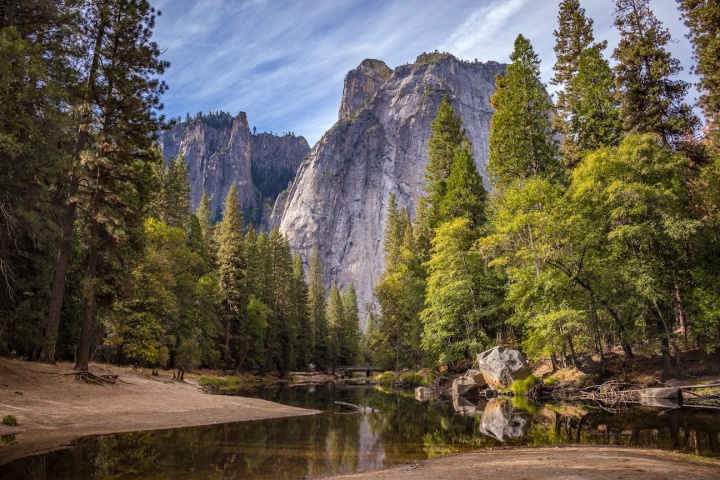Help Protect "The Most Important Fish" in the Gulf!

- Target:
- Gulf States Marine Fisheries Commission
- Region:
- United States of America
Ever heard of menhaden? Most people haven’t, though they are one of the “Most Important Fish In the Sea.” AND many of us likely come in contact with them every day in some form.
Commonly known in the Gulf as “pogies”, menhaden are caught throughout the Atlantic Ocean and the Gulf of Mexico, ground up, and added to: commercial feed for livestock and farmed fish, domestic pet food, and even human dietary supplements. Beyond these uses, and perhaps most importantly, menhaden are vital to the ocean and its wildlife. They are a main food source for larger fish, marine mammals and sea birds, and they help keep the water they live in clean by eating small floating particles.
Despite menhaden's ecological and economic significance, the laws that control how much of this small fish can be caught, and how much remains in the water to have a healthy population are currently out-of-date. This threatens both the natural system in the Gulf to which menhaden are key, and the long-term sustainability of the fish itself. The Gulf fishery in the last five years has averaged extracting over 1 billion pounds of menhaden each year. This equals 490, 860 metric tons, which by weight, would be the same as filling 196 Olympic size swimming pools. To continue taking such large amounts of menhaden from the Gulf every year could have devastating effects on the entire ecosystem. Here’s why:
Menhaden are the foundation of the Gulf food chain. Fish that we commonly eat like tuna and drum prey on Gulf menhaden. So do dolphins, whales and sharks. Even Louisiana's state bird—the brown pelican—prefers a diet of menhaden over other Gulf fish. Maintaining healthy and sustainable populations of our local wildlife, and the fish we eat, largely depends on keeping healthy levels of menhaden in the Gulf.
Menhaden’s natural eating habits help keep our waters clean. Menhaden are “filter feeders”, meaning they suck in water and catch all the tiny particles in it for food. The cleaned water then goes back into the Gulf. This natural process can help maintain the right amounts of oxygen and prevent buildup of pollutants that can cause serious problems for the Gulf. The Gulf of Mexico already has a “dead zone”, an area the size of Connecticut, where no life can live. The development of a dead zone in the Gulf has been attributed in part to a diminished menhaden population.
Other sea creatures often get caught and die in the nets that catch menhaden. Menhaden are schooling fish – when they swim, they often form giant masses that move through the ocean as one unit (even though it is made up of thousands of small fish). Wildlife that eat menhaden – like sharks, dolphins and larger fish – swim around the schools to feed. When the giant nets are set around the schools to catch the menhaden, everything gets scooped up together, and often dies together. The creatures caught unintentionally while fishing are called “bycatch”. An estimate by the Gulf Restoration Network found that 10 million pounds of animal life are likely lost as bycatch in the Gulf menhaden fishery every year. Unlike many other fisheries, menhaden vessels are not required to carry independent observers to monitor how much bycatch is caught and killed.
Help Save the Most Important Fish in the Sea:
Want a healthy Gulf? Then ask the Gulf States Marine Fisheries Commission to protect Gulf menhaden. By signing below, you can urge the Commission to 1) create an ecosystem based fisheries management plan; 2) recommend that the Gulf states implement a cap on the annual menhaden catch; and 3) develop a system to monitor the amount and type of bycatch caught.
Why the Gulf States Marine Fisheries Commission?
The Gulf States Marine Fisheries Commission is a group made up of appointed representatives and fishery resource management agency directors from each of the Gulf States. It helps coordinate management of fisheries that operate in the state waters of Texas, Louisiana, Mississippi, Alabama, and Florida. To date, the Gulf States Marine Fisheries Commission has largely ignored the many problems raised about the menhaden fishery.
While Texas has implemented a cap on the catch of menhaden, other states, in particular Louisiana and Mississippi, where most of the menhaden are caught, have not.
We the undersigned support the development of an ecosystem based fisheries management plan that accounts for the ecological significance and value of the Gulf menhaden.
We urge the Gulf States Marine Fisheries Commission to recommend an annual menhaden catch cap for the Gulf of Mexico and a bycatch monitoring system to promote a more sustainable menhaden fishery.
We further ask each of the Gulf state’s fishery management agencies to implement these programs to insure a sustainable and healthy Gulf of Mexico ecosystem.
You can further help this campaign by sponsoring it
The Help Protect "The Most Important Fish" in the Gulf! petition to Gulf States Marine Fisheries Commission was written by Loyola New Orleans Environmental Policy Clinic and is in the category Environment at GoPetition.